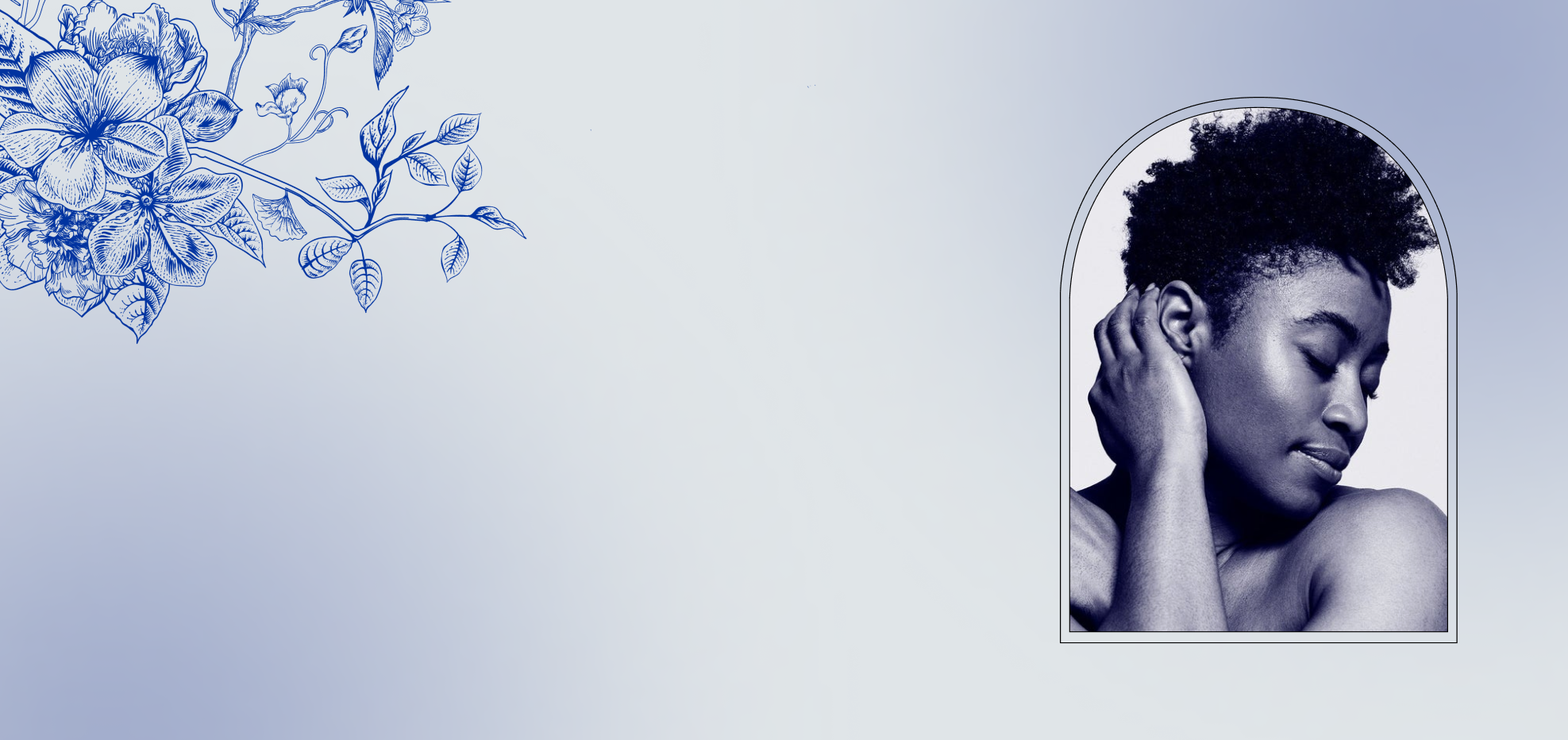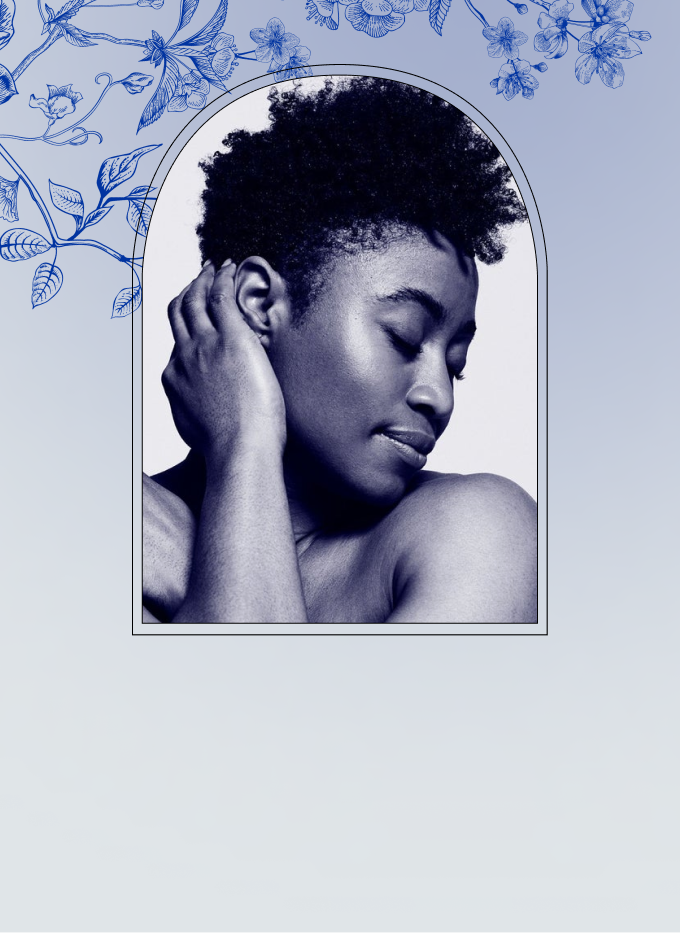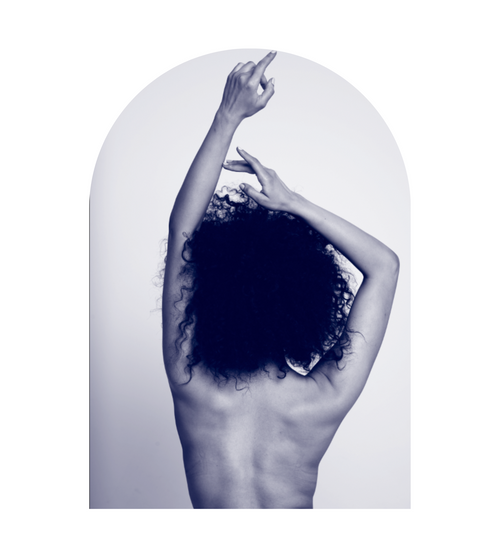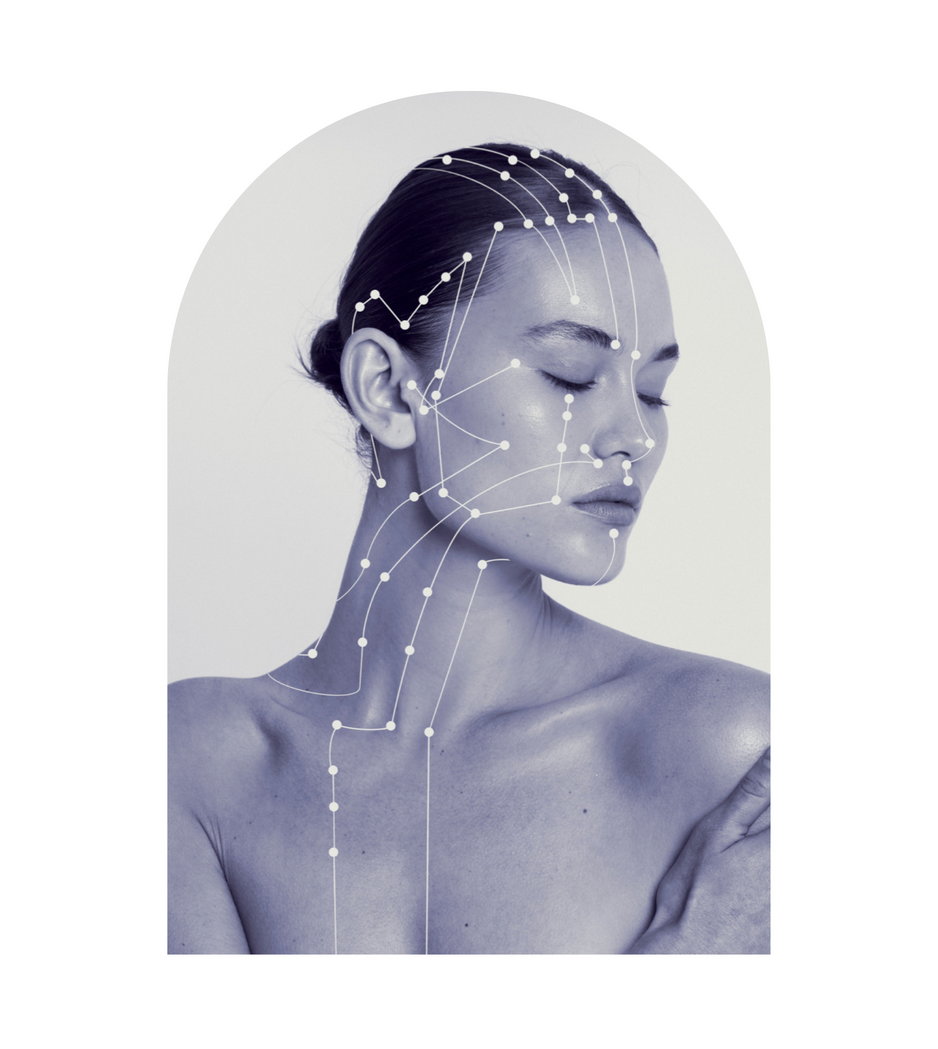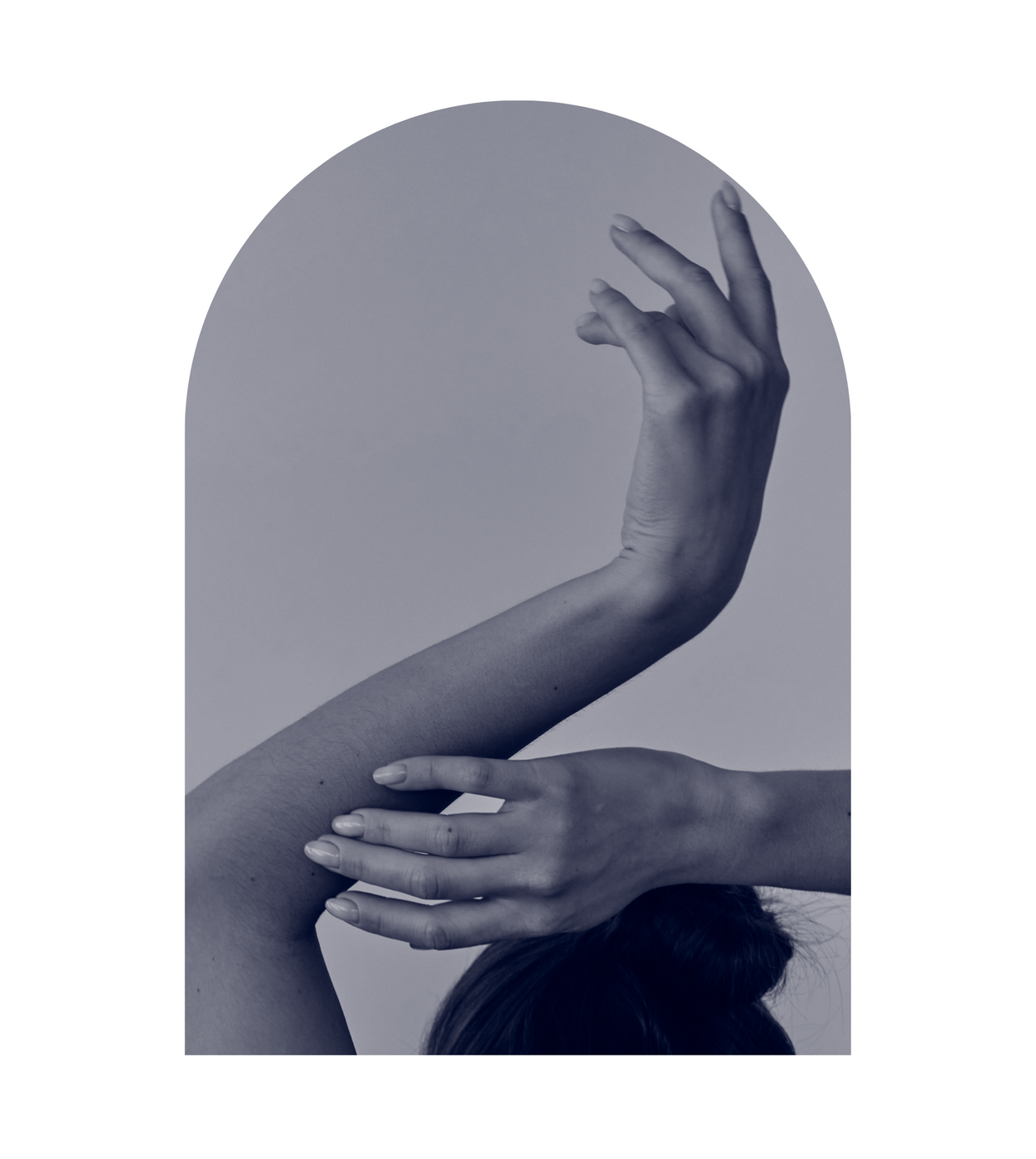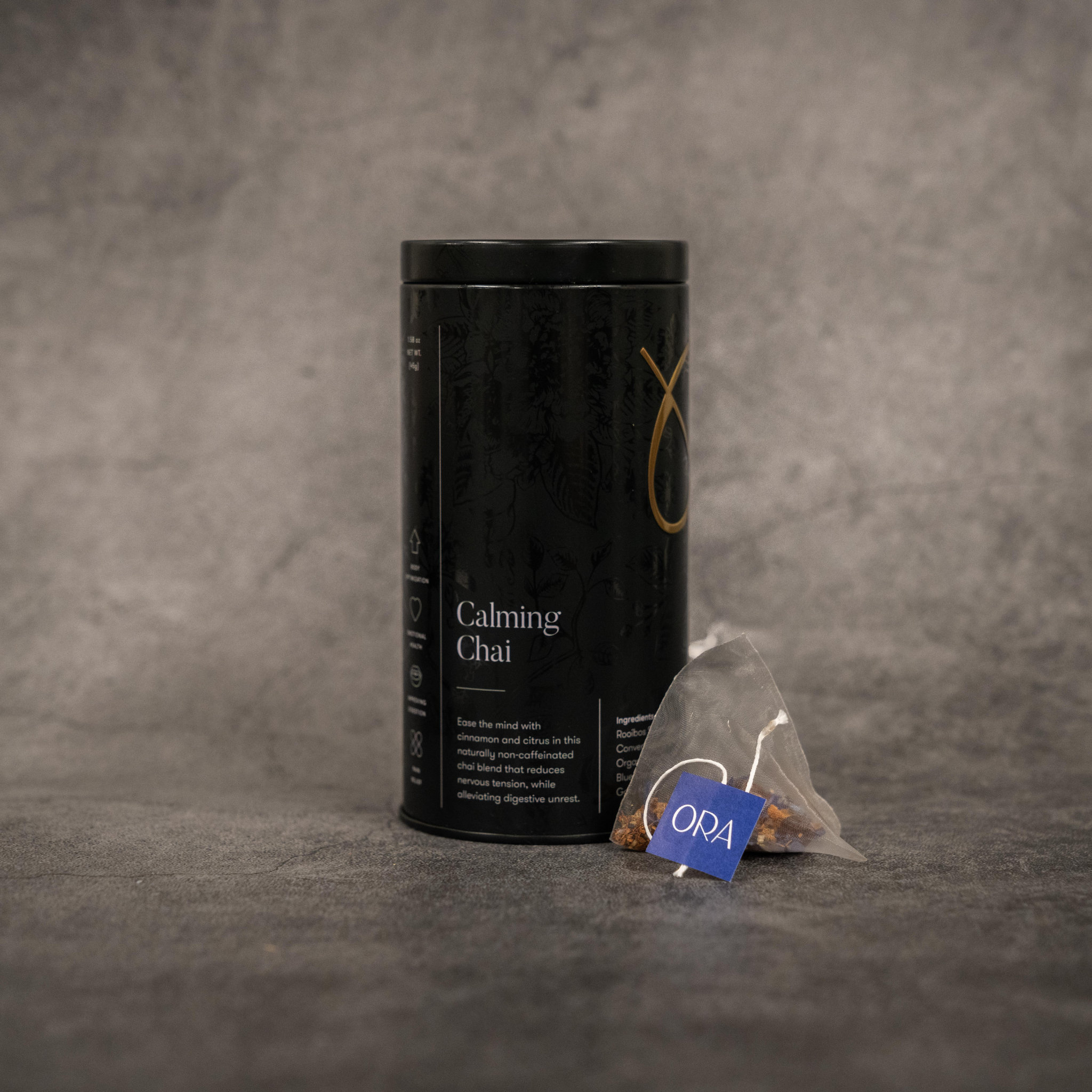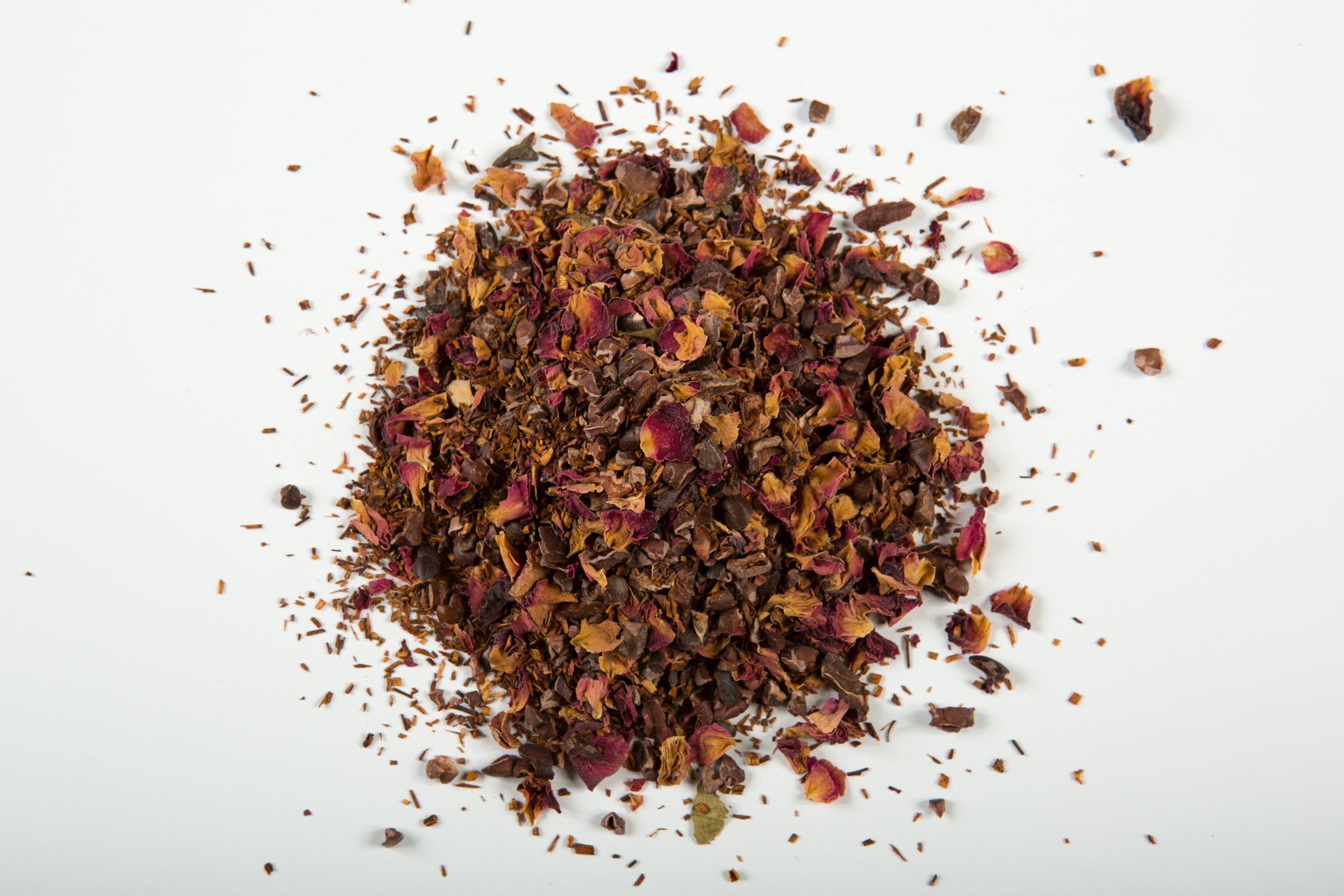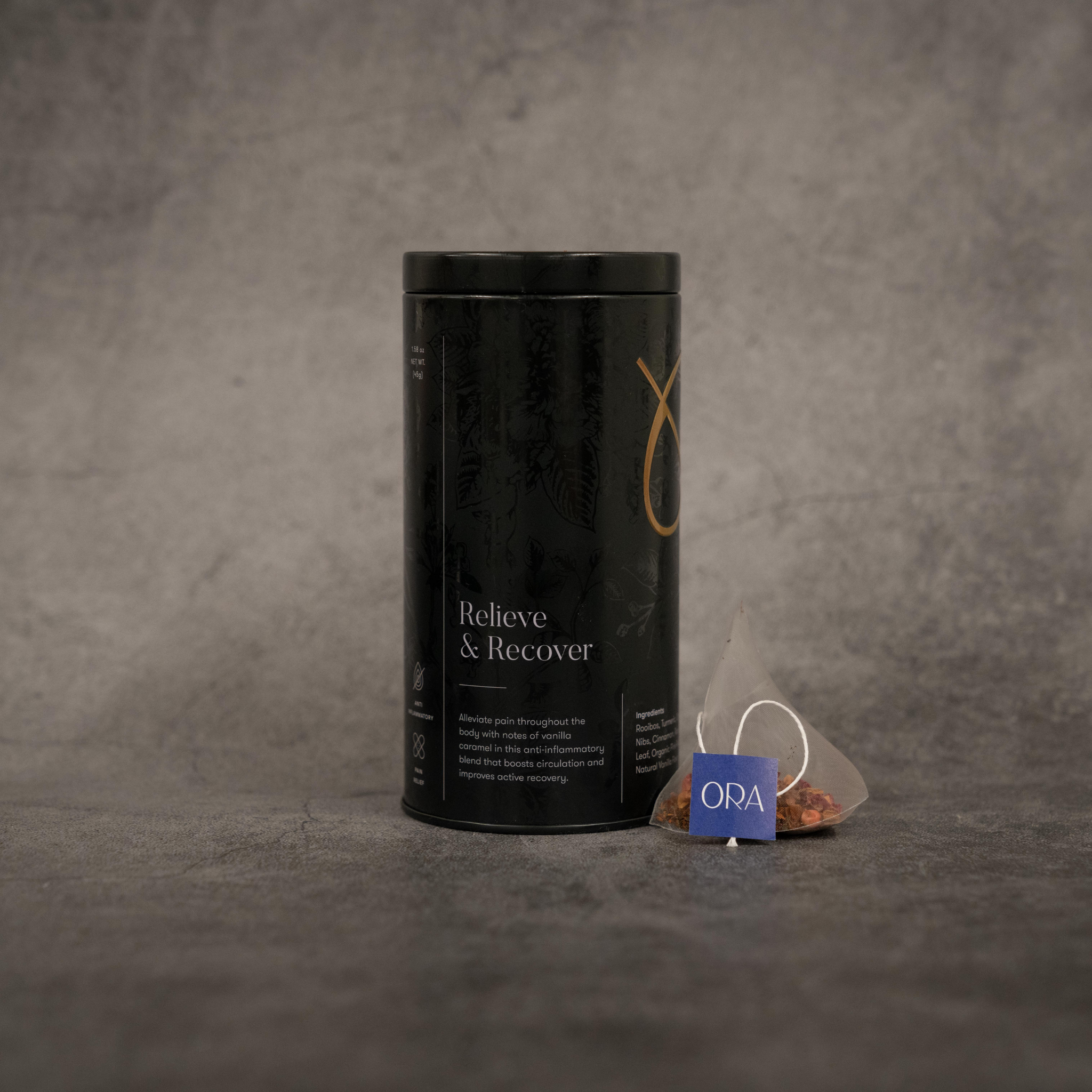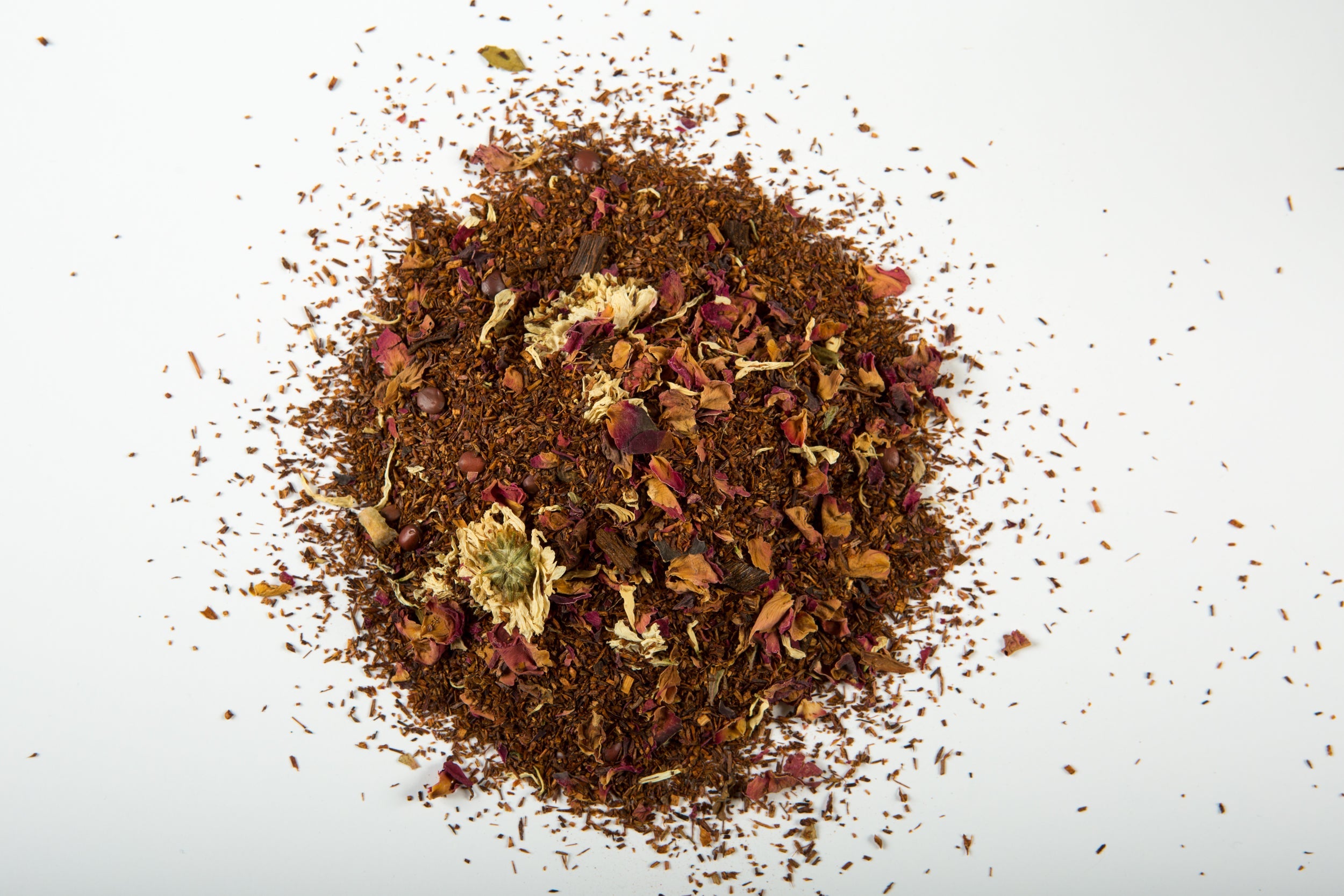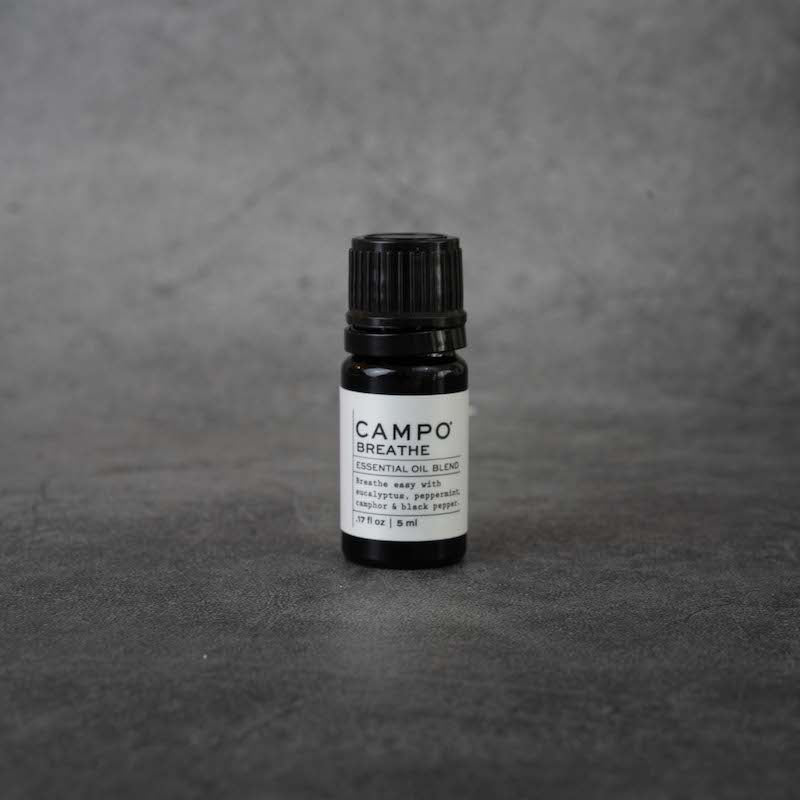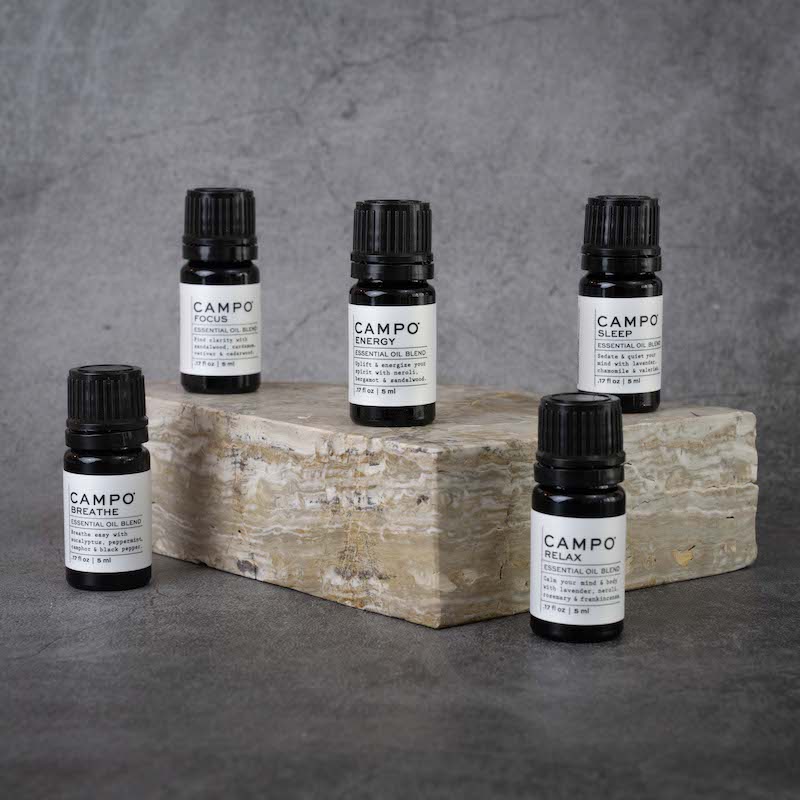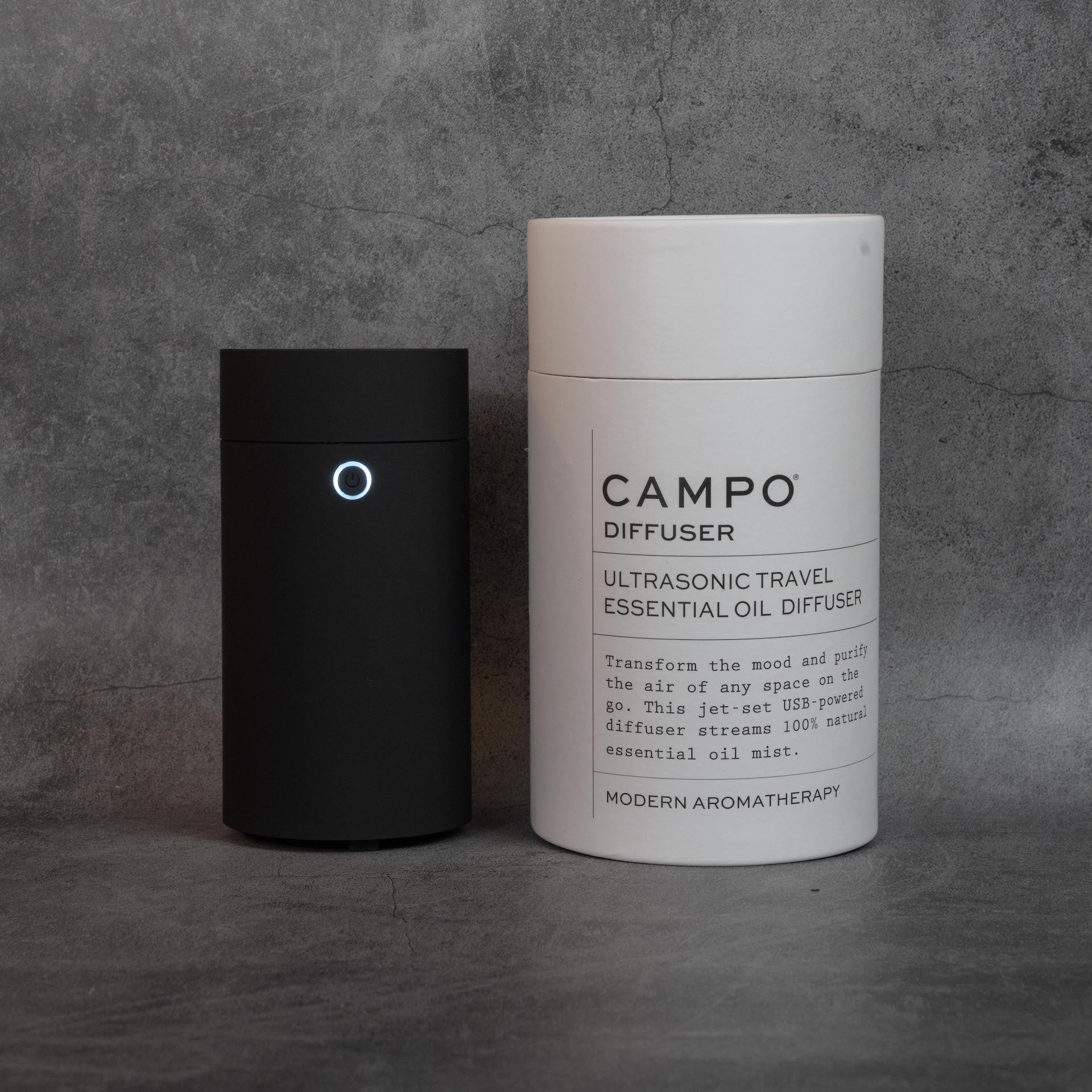by Venessa Lee, L.Ac, DACM, NCCAOM Dpl.
As much as you dread getting your period, there’s probably something you dread even more: no longer getting it. Menopause is a taboo topic, often seen as a harbinger of older age and onset of hot flashes. But what exactly is it – and how can Traditional Chinese Medicine (TCM) help?
By definition, menopause is a point in time twelve months after a woman’s last period. Women may also experience changes in their mensies and experience transitional symptoms leading up to menopause. Besides hot flashes, there are a number of symptoms during this transtional period and at menopause, including irregular periods, night sweats, insomnia, vaginal dryness, chills, irritability, low libido, and hair loss. The average age at which women first experience menopause is 50-51 years.
From a TCM perspective, as we age, our estrogen levels – the yin energy – gets more depleted, and the progesterone – the yang energy – increases. This causes an imbalance of yin and yang, as there is not enough yin to root the yang. Yang energy is associated with the day time, with brightness, activity, and heat. With an excess in yang energy, the yang energy rises, and leads to the above-mentioned physical symptoms.
In TCM, we focus on finding the balance between yin and yang energies. Here’s how Chinese medicine helps with common menopause symptoms:
- Hot flashes and other body temperature fluctuations by stimulating the nervous system to address the root cause of these temperature regulation imbalances.
- Irritability by aiding the body in producing stress releasing hormones so less irritability and mood swings are experienced.
- Hair loss by balancing hormones so hormonal changes which lead to dry, brittle hair can be shifted in order to decrease these effects.
- Vaginal dryness by relaxing the body and helping to restore the body's natural state of moisture.
- Insomnia by balancing the yin and yang in each individual which calms the spirit, cools the heat, and anchors the body.
- Low Libido by keeping the qi, or energy, moving freely through the physical and energetic body which is the key to a healthy libido.
While Western medicine differentiates between various stages of menopause, Chinese medicine does not differentiate between perimenopause, menopause and postmenopause. Rather, TCM focuses on the individual, helping each person find balance in their own specific way. Generally, someone going through menopause should consume foods that nourish the yin energy and should seek out hormone-related acupuncture. Other helpful habits can include exercising, in order to prevent loss of bone density; weight-bearing exercise is ideal. They should also get plenty of rest and be gentle with themselves as they go through this natural transition. Though going through menopause might seem intimidating, TCM can help you treat your body holistically and individualistically, leading you to embrace this new period in your life.

